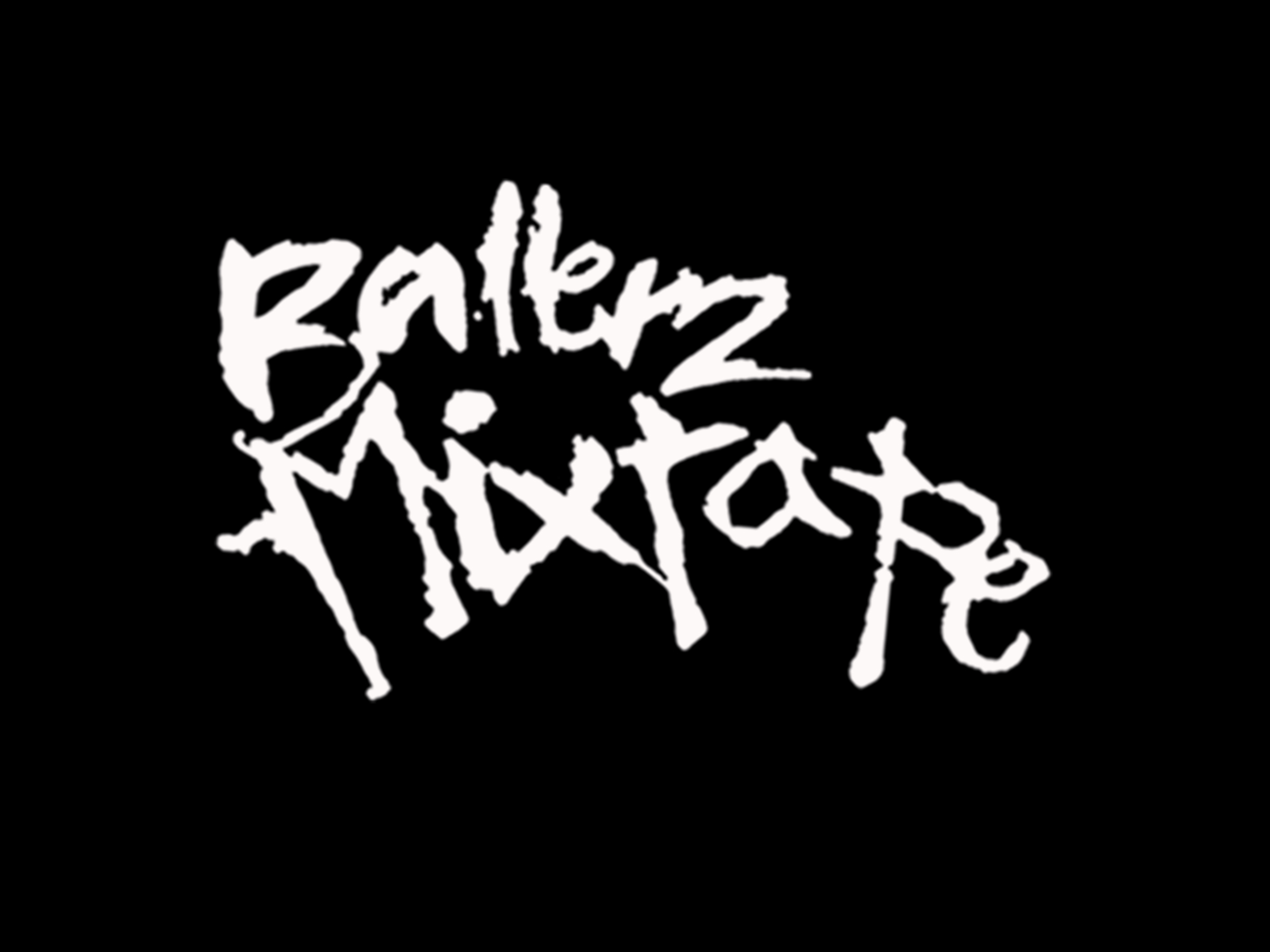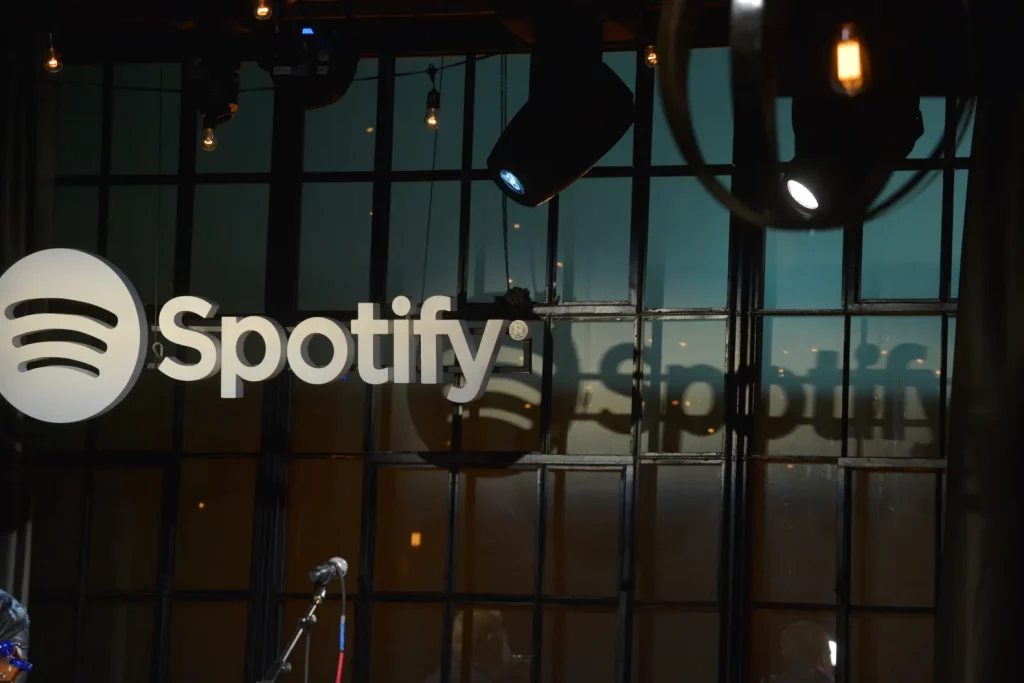Spotify is facing fresh legal heat as a second class-action lawsuit claims the streaming giant is secretly selling influence over what millions of listeners hear — reviving the industry’s oldest scandal: pay-for-play.
Filed Nov. 4th in Manhattan federal court by New York subscriber Genevieve Capolongo, the 39-page complaint accuses Spotify of committing “modern payola” through its Discovery Mode program and other undisclosed promotional arrangements. The lawsuit alleges that Spotify’s algorithmic playlists — including Discover Weekly and its AI-driven DJ — are not purely personalized, but are covertly shaped by financial deals with artists and labels. Capolongo argues that Spotify “charges listeners for the privilege of being deceived,” claiming users are misled into thinking their playlists are organic when they’re actually influenced by record labels willing to accept reduced royalties for better placement.
Filed by Faruqi & Faruqi LLP and Stephan Zouras LLC, the case paints Spotify’s curation system as a digital echo of radio’s old payola scandals — the illegal practice of paying for airplay without disclosure, which dates back to the 1930s. Capolongo’s legal team says she subscribed to Spotify expecting authenticity but found her feed flooded with superstar names like Drake and Justin Bieber, regardless of her personal preferences. The filing accuses Spotify of violating New York’s false advertising and deceptive practices statutes, as well as of unjust enrichment. It also claims the company’s undisclosed promotional tactics breach Federal Trade Commission endorsement guidelines, likening playlist inclusion to an unmarked ad.
With 2 separate federal class actions filed in a single week, one concerning hidden playlist payments and another alleging streaming fraud, the world’s largest music platform faces mounting legal scrutiny over how its algorithms, payouts, and partnerships influence what millions of listeners hear.

